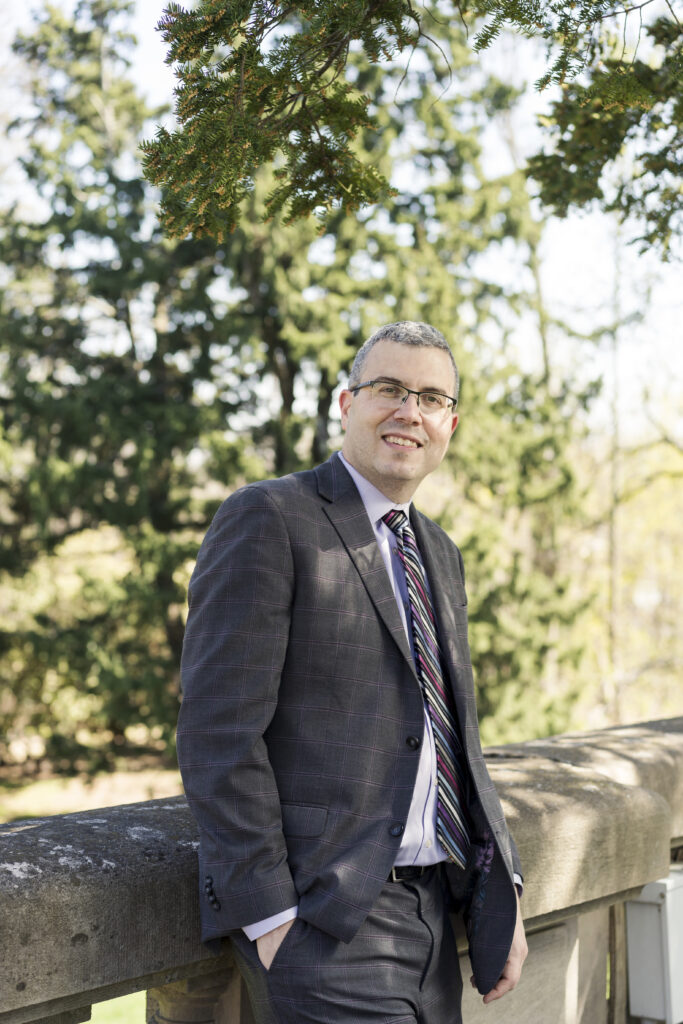Message from the President
Dear FDU Family and Friends,

Michael J. Avaltroni
Higher education is facing great challenges ahead, but the environment is also filled with opportunities for those willing to adapt. Fairleigh Dickinson University is poised and ready for this brave new world. Our institution has long enjoyed a legacy of innovation and responsiveness to real-world concerns and changing students’ needs, and we are prepared to build on this record of success.
Our institution has embarked on a pivotal period of strategic planning, and we are in the midst of making critical and necessary decisions to continue our legacy of providing every student with innovative programs, high-value resources and a living-and-learning environment that offers transformational opportunities and prepares them to move upwards and thrive in whatever career they choose to pursue.
There is an urgent need today for colleges and universities to transform themselves. The challenges include changing demographics, fewer students applying to college, increased scrutiny of all programs and a declining perception of the value of a college degree (even though the evidence continues to reinforce that value). Above all, we have seen significant changes in the way students learn, interact and live.
In response, FDU’s focus and guiding light for today, tomorrow and long into the future is “Students First.” In the plan outlined here, and in all efforts, our decisions will be based on how we can foster the greatest impact on the student experience. We need to reimagine FDU to truly meet learners where they are. We need to emphasize distinctive and immersive learning opportunities. We need to become more flexible, nimble and adaptable.
This is the goal in our strategic action plan titled “FDU Will Soar.” The plan features both short- and long-term initiatives that will strengthen programs, generate resources and ensure the sustainability of this extraordinary institution. We are confident and excited for the road ahead. The core educational values of Fairleigh Dickinson University — personal, global and transformational — provide a solid foundation for continued impact and development. And, our talented and devoted community members offer a level of instruction and inspiration second to none.
As an alumnus of FDU, I know personally how transformative this institution can be, and I am committed to helping us continue to profoundly influence more lives for generations to come. Knowing FDU so well, I believe strongly that the strategic goals outlined in the plan are the right priorities for us at this time and will enable us to best direct our efforts to make the biggest difference possible for our students — and for the future of the institution. We are thankful for all those who contributed ideas and insights that helped inform this plan. And even those ideas that are not mentioned directly in the plan have been useful and important in helping us to plant other seeds that indeed may bear fruit at some point.
And now the real work begins. The University is moving aggressively on these goals, starting with initial efforts to improve enrollment, retention and fund-raising, to reduce inefficiencies and continue to better define and differentiate programs while also moving toward longer-term goals such as new partnerships that will benefit our students.
The challenges for all colleges and universities across the nation indeed are significant, and we urgently need to generate resources to support the many needs of students today, to strengthen key programs and to better support our students, faculty and staff. I am very confident that with the support of our community and friends, we will be very successful. We look forward to sharing updates on these goals and related initiatives that will help enhance our great University and provide a prosperous path to tomorrow.
Michael J. Avaltroni, Ph.D.
President
